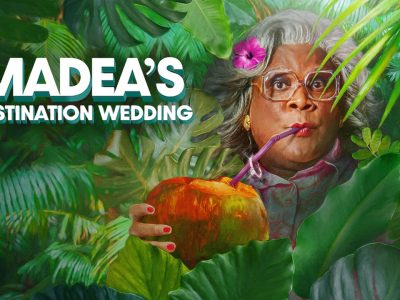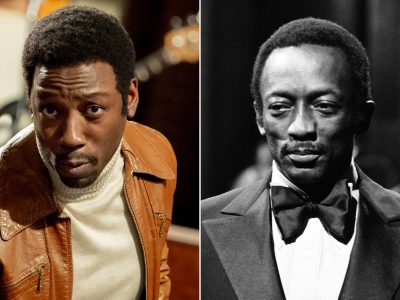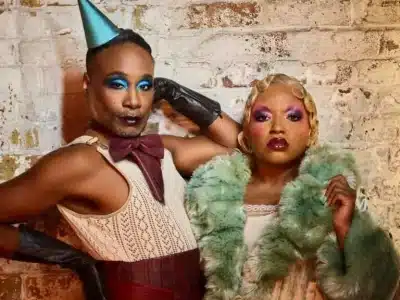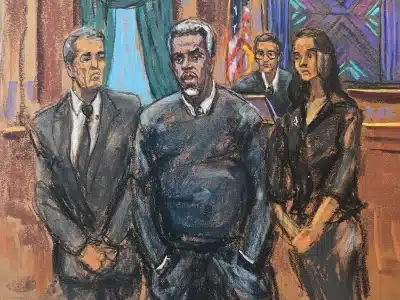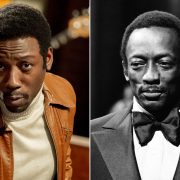The Endz, directed by Christopher Kenna, captures the gritty essence of Manchester’s street life. In an exclusive interview, Kenna sheds light on the film’s inspiration, casting process, and the challenges of staying true to its hard-hitting themes. The result is a movie that doesn’t sugarcoat the harsh realities of urban life, but presents them with depth and authenticity.
“The Endz” Rooted in Personal Experiences
When asked about the inspiration behind The Endz, Kenna revealed that the film draws heavily from his own life, though not without dramatic embellishments. “A lot of the characters are based on people I know,” he admits. While his own life might not be “that interesting,” the infusion of real-life figures—albeit fictionalized—adds layers of authenticity. His co-writers also played a key role in bringing these characters to life.
Kenna’s experience growing up in Manchester is reflected in the narrative, with each character’s story a blend of real events and imagination. He says, “Some parts of Leroy’s journey were decisions I wish I’d made, but didn’t.” This blending of truth and fiction is what grounds The Endz in gritty realism.
A Cast Shaped by Their Surroundings
Many of the actors in The Endz are from the very neighborhoods depicted in the film, which helped anchor the authenticity of the characters. “The actors are often from the same type of ‘endz’ as their characters,” Kenna explains. This proximity to real-life counterparts means that they brought genuine emotional depth to their roles.
Kenna made a conscious decision to avoid excessive street slang, opting instead for a more nuanced vocabulary that enhances the characters’ intelligence without losing realism. “I wanted to add more vocabulary and intelligence of voice to the characters than maybe if we were just speaking like we were from those ends.”
Filming in Real Locations for Gritty Realism
Maintaining gritty realism was a core focus for Kenna and his team. “We shot everything in real houses, real estates. If you see it, we were there—whether it’s a hospital, church, or yard.” By using actual locations, The Endz feels like a documentary in places, capturing the raw environment of Manchester’s working-class communities.
The decision to shoot on location wasn’t without its challenges. The team had to blow up cars in real car parks and film in tight, often harsh conditions, which Kenna says only added to the film’s sense of realism.
Tackling Complex Social Issues
The Endz delves into heavy subjects like drug abuse, gang violence, and racial tensions. Kenna took care to handle these topics with respect, consulting people from the very communities represented. “It was a collaborative effort, making sure we didn’t do something wrong,” he says. With crew members from diverse backgrounds, Kenna ensured that each character was portrayed truthfully, avoiding exploitation or sensationalism.
Showcasing Manchester’s Working-Class Culture
Kenna’s desire to depict the diverse cultures of Manchester stemmed from what he saw as a gap in British media. “When I started writing this, Shameless was big, but it showed one side—it was very white,” he notes. “If you know Manchester, you’ll know it’s far more diverse.”
In The Endz, Kenna wanted to show both the positive and negative consequences of these cultures coming together. “I wanted to show what happens when different communities clash, but also when they unite.”
A Collaborative Effort and Future Plans
Despite being a passion project with a limited budget, The Endz gave many cast and crew members their start. Some have since worked on major productions like Happy Valley and Hollyoaks. Now, with the success of the project, Kenna has plans to continue the story, possibly extending it into two full series with a bigger budget and a more expansive team.
“The first one was a learning experience. But now we’ve got the resources, and we’ll make a better version,” Kenna teases.
Conclusion: An Honest Reflection of Urban Life in the UK
Kenna hopes The Endz sparks important conversations about racism, crime, and the often-overlooked working-class culture of Manchester. For him, The Endz is more than just a film—it’s a community project that showcases the talent and stories of people whose voices aren’t always heard. “I want The Endz to be a platform where we can bring these stories to the masses.”

